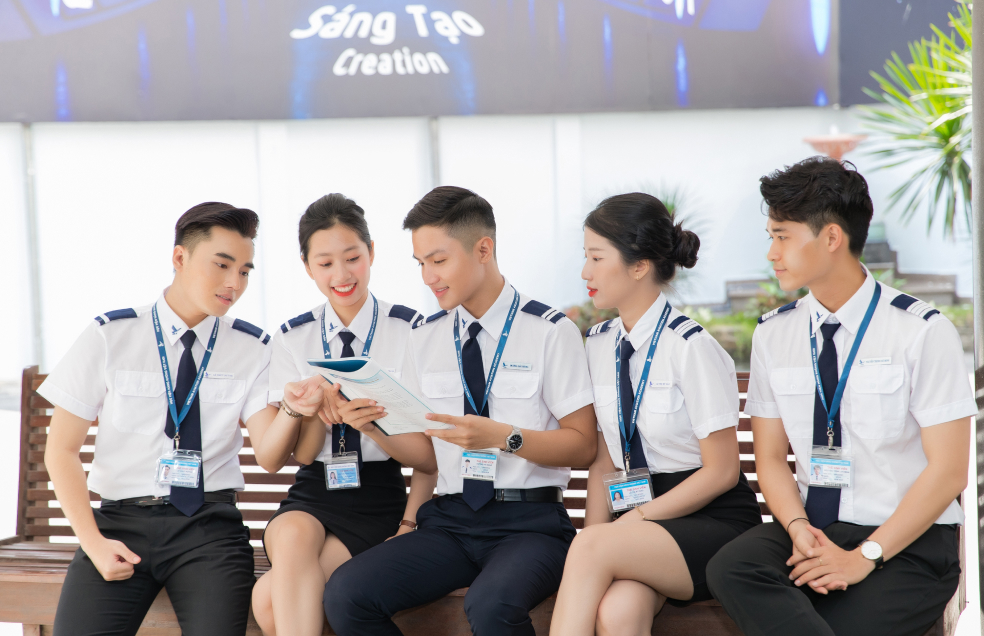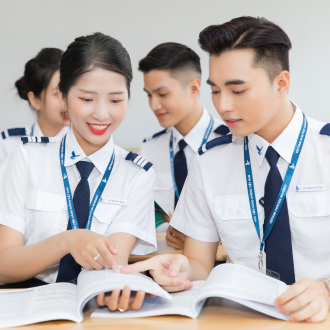Conference on “Artificial Intelligence in Air Transport Operations”: Steering the Skies with Data
On June 27, 2025, at the Vietnam Aviation Academy, the 4th Faculty-level Scientific Conference themed “Artificial Intelligence in Air Transport Operations: Trends, Opportunities, and Challenges” was successfully held, attracting a large number of researchers, lecturers, technology experts, and students.
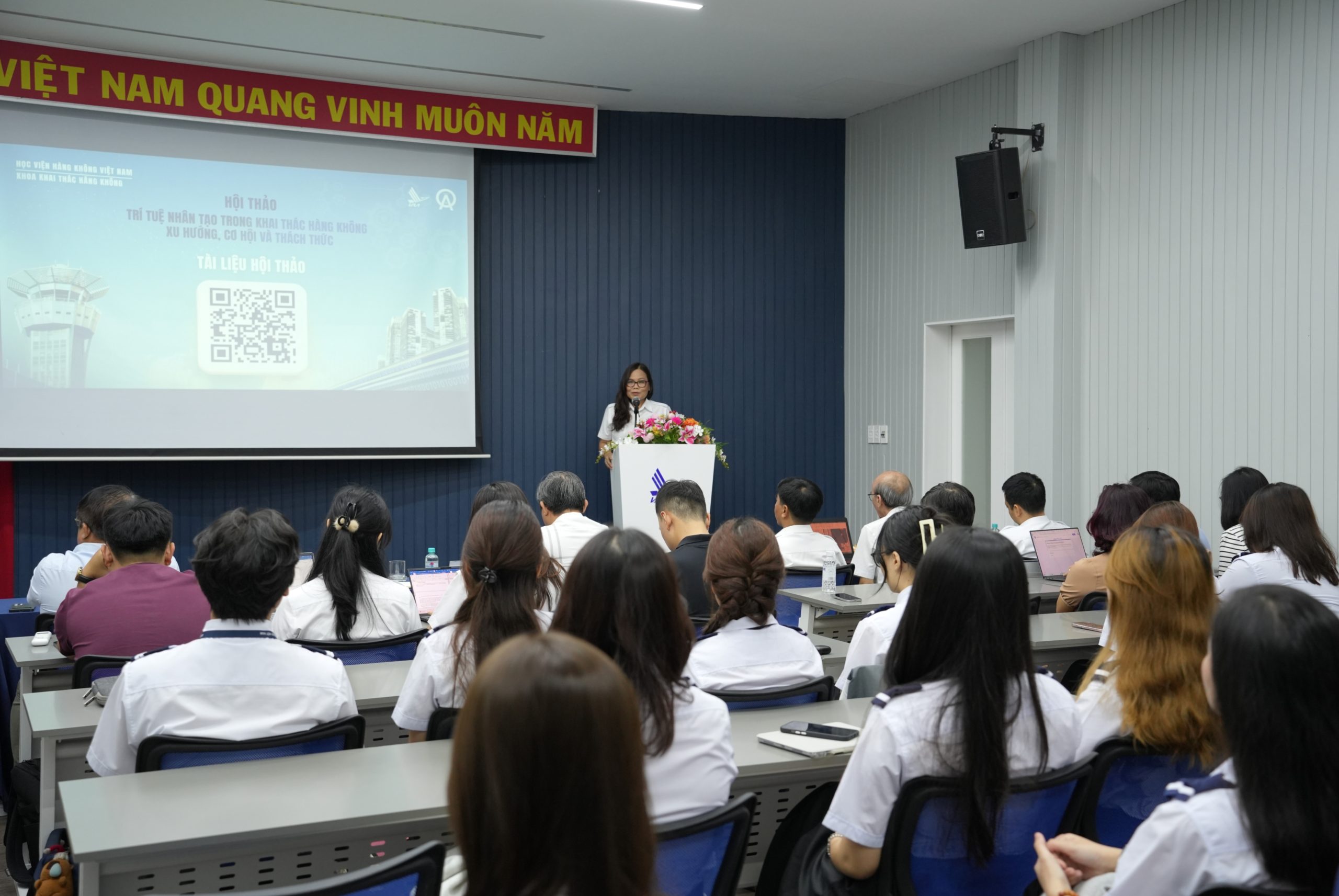
Conference on “Artificial Intelligence in Air Transport Operations”
The conference received and presented over 20 in-depth scientific papers, offering fresh and strategic perspectives on the transformative role of Artificial Intelligence (AI) in reshaping the aviation industry.
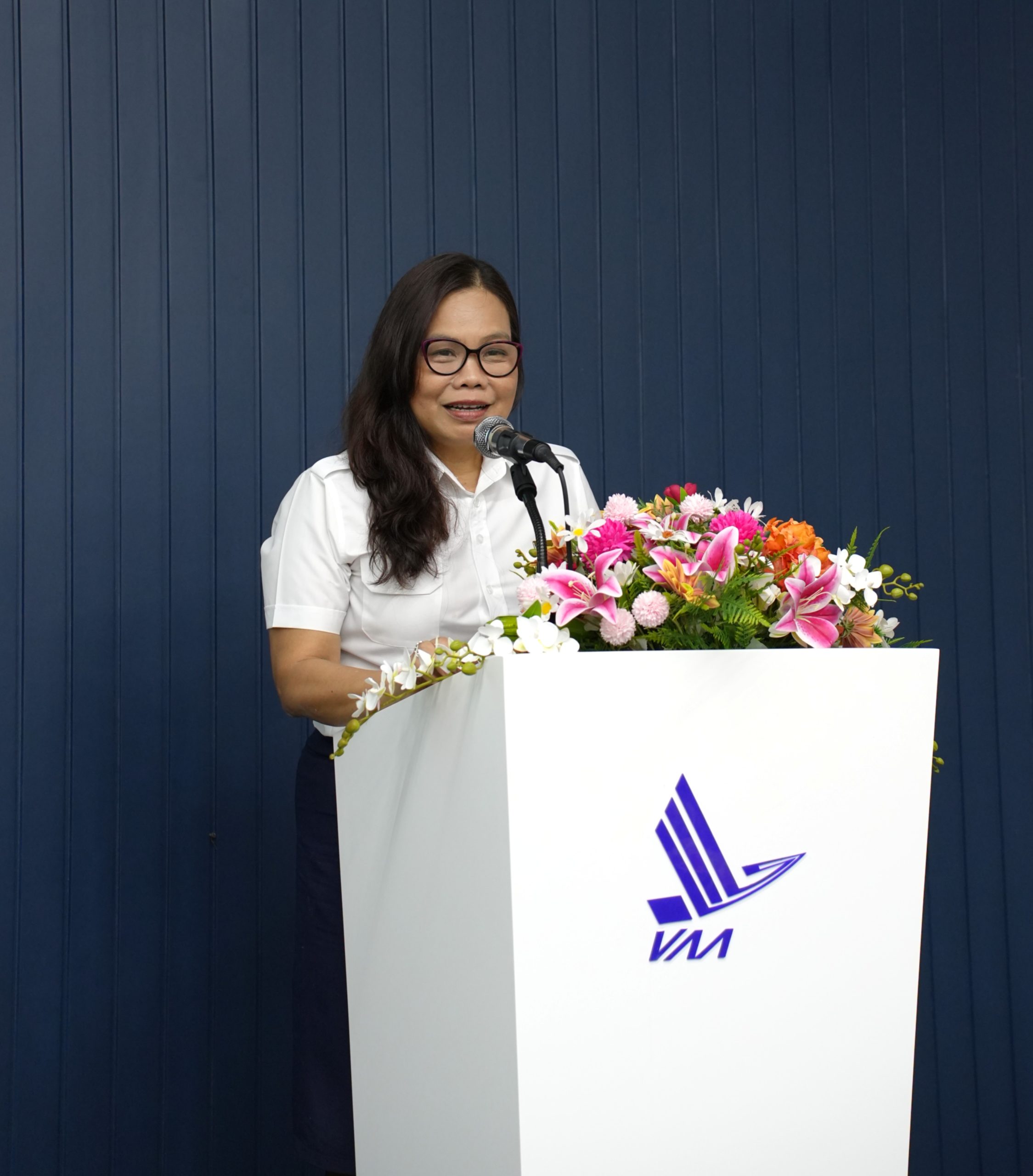
Dr. Nguyễn Thị Hải Hằng – Director of the Vietnam Aviation Academy – delivered the opening remarks.
Among the highlights of the conference were several notable studies, including:
-
The application of artificial neural networks in designing 4D flight trajectories to optimize energy efficiency and airspace utilization;
-
The integration of AI into the A-CDM (Airport Collaborative Decision Making) system to enhance operational efficiency at major airports;
-
The use of computer vision to calculate landing distances, laying the groundwork for future safety and automation solutions;
-
A comprehensive review of trends, opportunities, and challenges in applying AI to modern air transport operations;
-
An analysis of the impact of backtrack taxiing procedures on runway performance at airports across Vietnam.
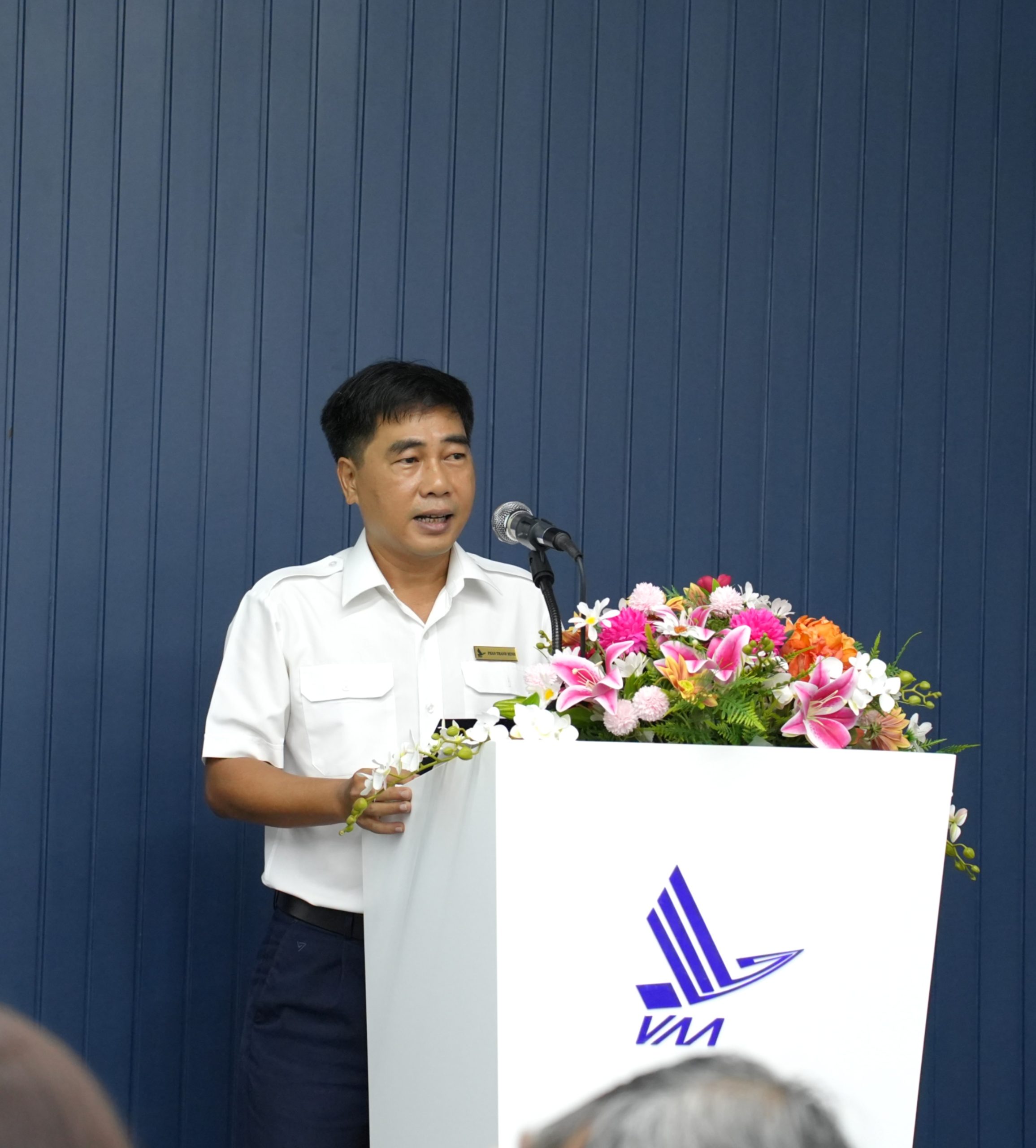
Dr. Phan Thanh Minh – Head of the Faculty of Air Transport Operations – delivered his remarks
These studies not only reflect academic depth but also lay a strong foundation for applied research with real-world implementation potential. They serve as catalysts for accelerating the comprehensive digital transformation of Vietnam’s aviation industry.
From real-time data to predictive algorithms, from ground operations to airspace coordination, AI is emerging as the ‘digital brain’ of modern aviation.
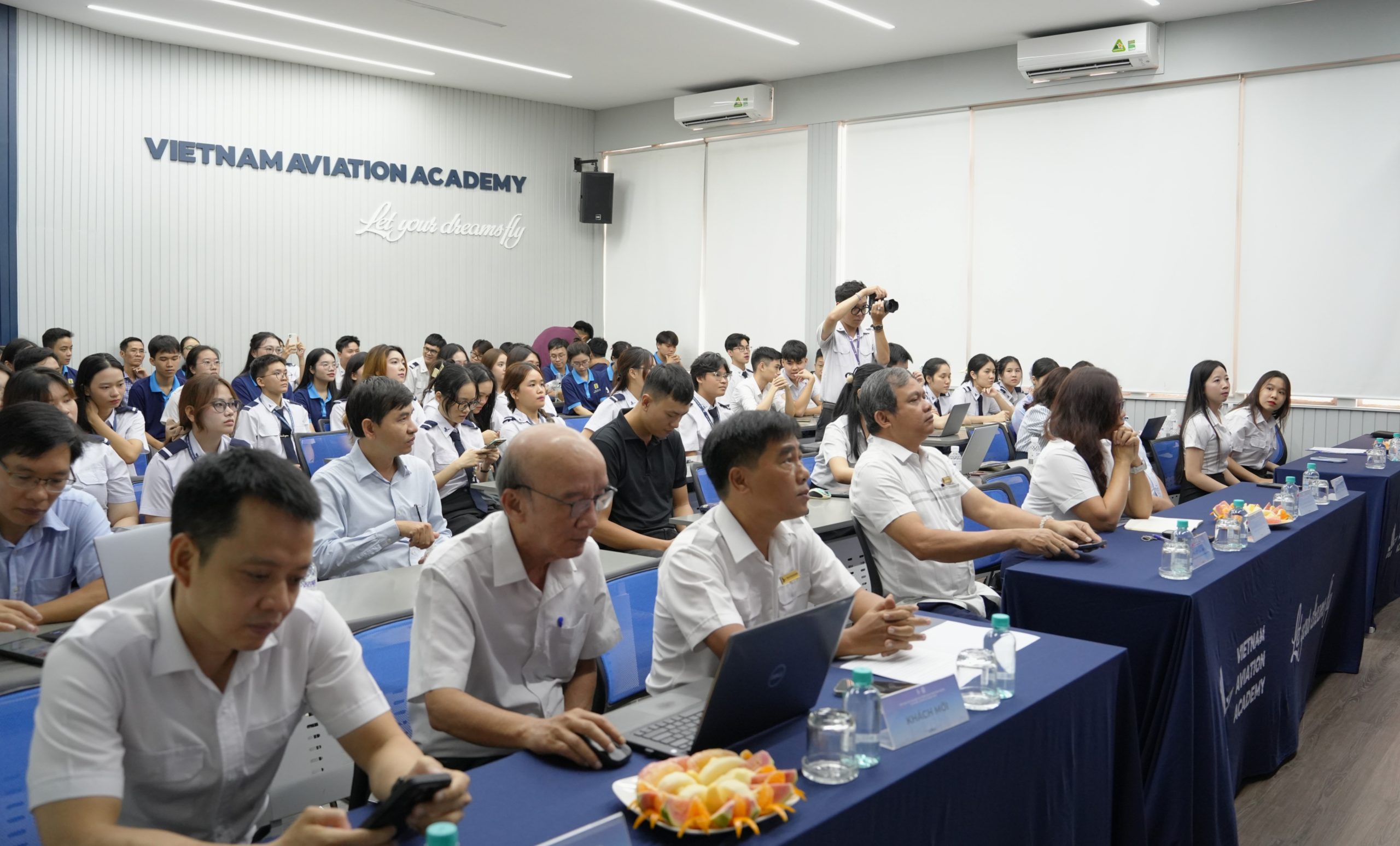
The conference attracted a wide range of researchers, lecturers, technology experts, and students.
Beyond academic exchange, the event raised critical questions surrounding AI implementation, safety standards, and workforce development strategies — all aimed at building a smart, sustainable, and human-centered aviation ecosystem.
It was not only a platform for sharing knowledge but also a strategic launchpad for Vietnam to proactively embrace the next wave of digital transformation in aviation over the coming decade.
P. TS & CTSV – TH

Vietnam Aviation Academy compiled national standards on ground radio navigation aid systems

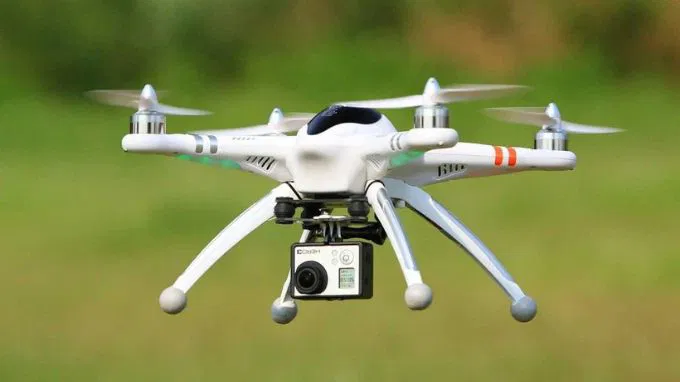
What is a UAV? What is a drone? What is the difference between UAV and drone?

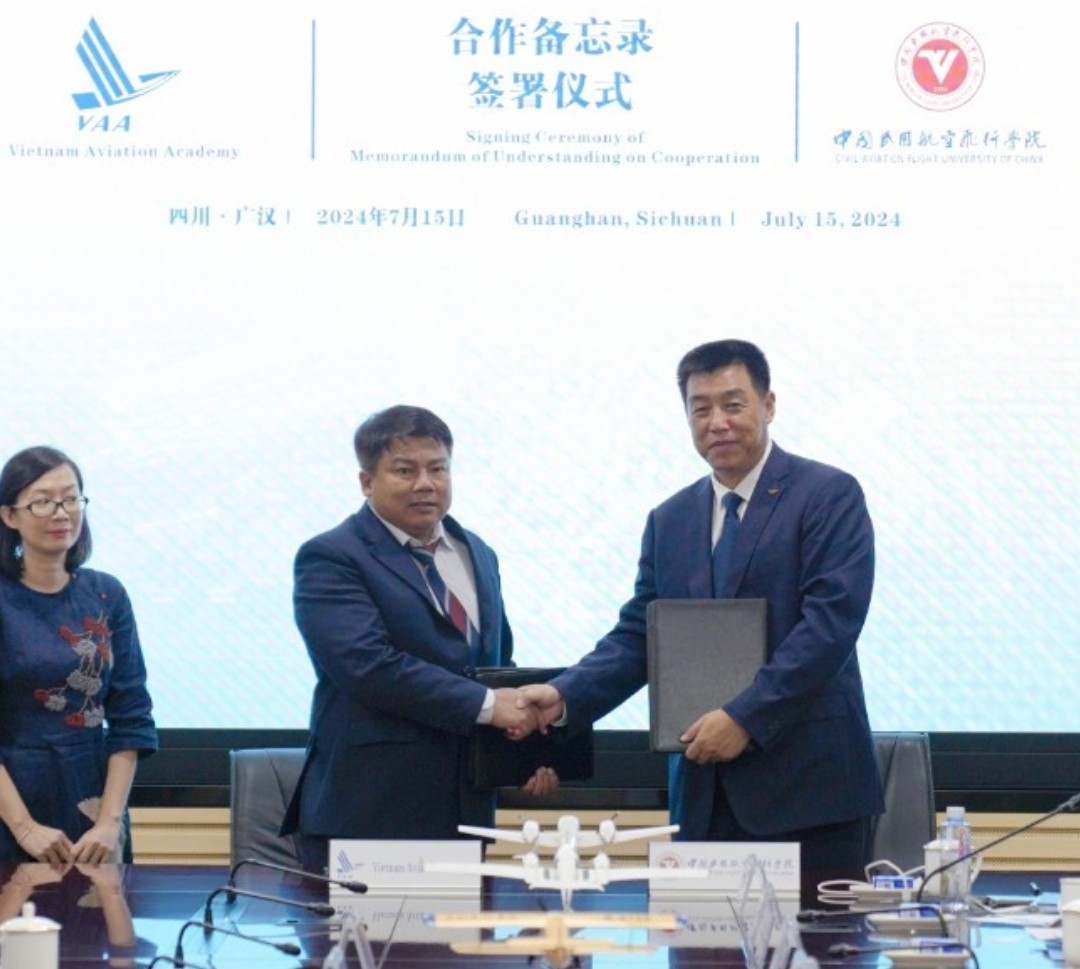
VIETNAM AVIATION ACADEMY HAS SIGNED A COOPERATION AGREEMENT WITH CIVIL AVIATION FLIGHT UNIVERSITY OF CHINA


Workshop on Developing a Strategic Plan for the Vietnam Aviation Academy: Resolutely Realizing Key Strategic Objectives


The Impact of Artificial Intelligence on the Global Economy: An Ongoing Revolution

